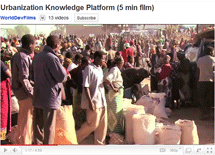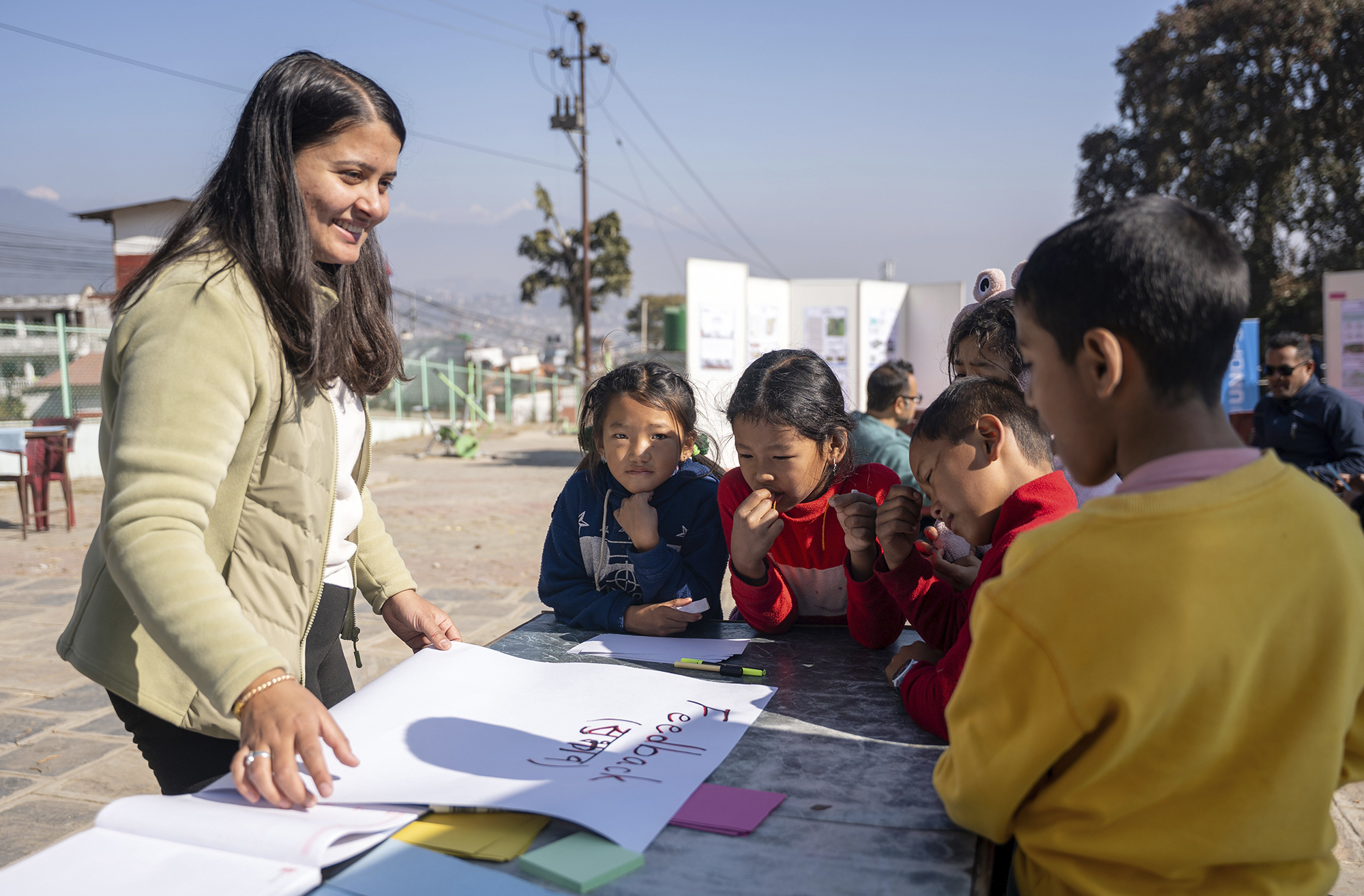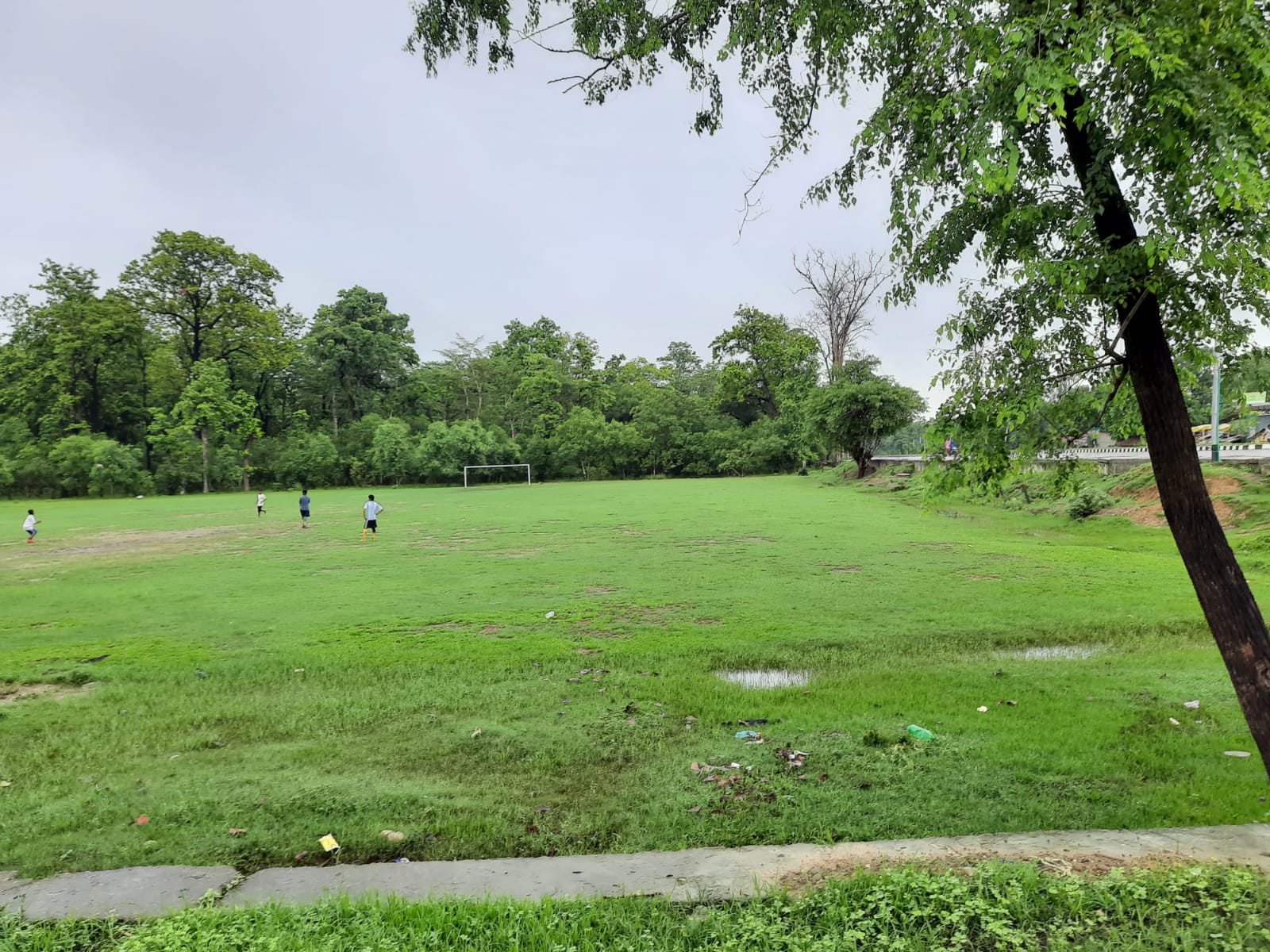[1 March 2011] – The World Bank has established a new Urbanisation Knowledge Platform that aims to become a global hub for urban knowledge exchange.
Through the collaboration of a wide range of stakeholders, the platform seeks to combine the best available knowledge with practical wisdom on how urbanisation can generate economic, social and environmental payoffs, supported by governance structures to deliver them.
It is a cross-sectoral and collaborative initiative involving a number of partners, including Cities Alliance. The idea is to harness the experiences and knowledge of these partners in order to have a transformative impact on the urbanisation process.
In addition, the platform aims to strengthen knowledge sharing between cities and towns, who can engage each other more easily than exchanges among nations. For example, New Orleans and Dhaka can engage with each other on the challenges of managing disasters and floods far more easily than the US would engage with Bangladesh in a dialogue on climate change.
The platform is expected to function as a contributor, customiser, connector and convener. It will:
- Convene policymakers, urban think tanks, the private sector and researchers across ‘sectors’ to assess constraints and priorities for urbanisation;
- Connect knowledge centers with development practitioners to translate ideas into action;
- Create new evidence to help identify policies and investments that improve urbanisation outcomes;
- Customise evidence to differentiate urbanisation policy priorities across countries and sub-national regions.
While the specifics of the platform are still under design, the knowledge exchange is expected to focus on four key themes:
-
Economic. Developing countries are now undergoing a -rural-to-urban transition, and the question is how that transition can best be facilitated to promote economic growth. There is a pressing need for knowledge on how urbanisation is affecting the economies of developing countries, and on how policymakers can best engage with it.
-
Social inclusion and mobility. This theme will explore how to improve the equity and inclusiveness of increasingly divided urban economies and incorporate the urban poor into a city’s economic fabric. Potential areas of discussion include structural urban poverty, land use and urban transport, and slum integration.
-
Environmental. This theme will explore how urbanisation can be managed to improve sustainability, such as mitigating environmental costs and adapting to environmental change during urban growth.
-
Governance. With a focus on creating accountable cities and towns, this theme will explore issues such as decentralisation of governance, governance for service delivery, and cities and green growth.





